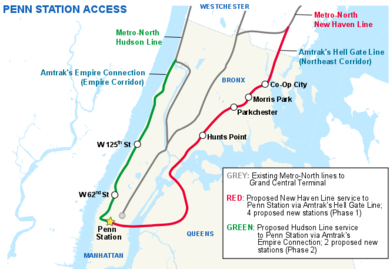Lawrence Solomon: Let private enterprise build subways
Lawrence Solomon | January 28, 2011 8:12 PM ET
More from Lawrence Solomon |
@LSolomonTweets
A century ago, firms ran streetcars for profit, paying fees to government
By Lawrence Solomon
Three weeks ago, in a column praising the reform agenda of Rob Ford, Toronto’s new reform-minded Mayor, I invited readers to offer suggestions for additional reforms that Toronto, and other cities, should pursue. You have been coming through with innovative ideas that I will be expanding on and publicizing in this new
Post feature,
Fix Your City. To kick off this reader-initiated series, I’ll start with a suggestion from Torontonian Graham Smith that deals with Toronto’s transit system.
Mr. Ford is hoping the province will take the money-losing Toronto Transit Commission off his hands, and for good reason — the TTC not only drains the city’s coffers, the rudeness and laziness of its employees are a public scandal, no small matter for a mayor who is rebranding the city as “delivering customer service excellence.” Mr. Ford has another reason for wanting no part of the TTC — a subway line he promised across a low-density part of the city’s northeast makes no economic sense. If the province took over the TTC, he could wash his hands of his commitment.
Mr. Ford is right to want to be rid of the TTC — a city has no business running a public transit system. As urban guru Jane Jacobs advocated, public transit is a business that should be in private hands. But Mr. Ford would be wrong to give the TTC away. He should instead sell it to the highest bidder — the TTC would fetch $2-billion or more if put on the market, depending on the conditions attached (a decade ago, a U.K. company did try to purchase the TTC, but was rebuffed by the province).
Or, if Mr. Ford didn’t want to sell off the TTC holus bolus, he could auction off different routes, as did London, where contracting out was an instant success — the quality of service soared and costs dropped as companies offering everything from minibuses and double-deckers to subways and later trams competed for customers.
[...continues...]

